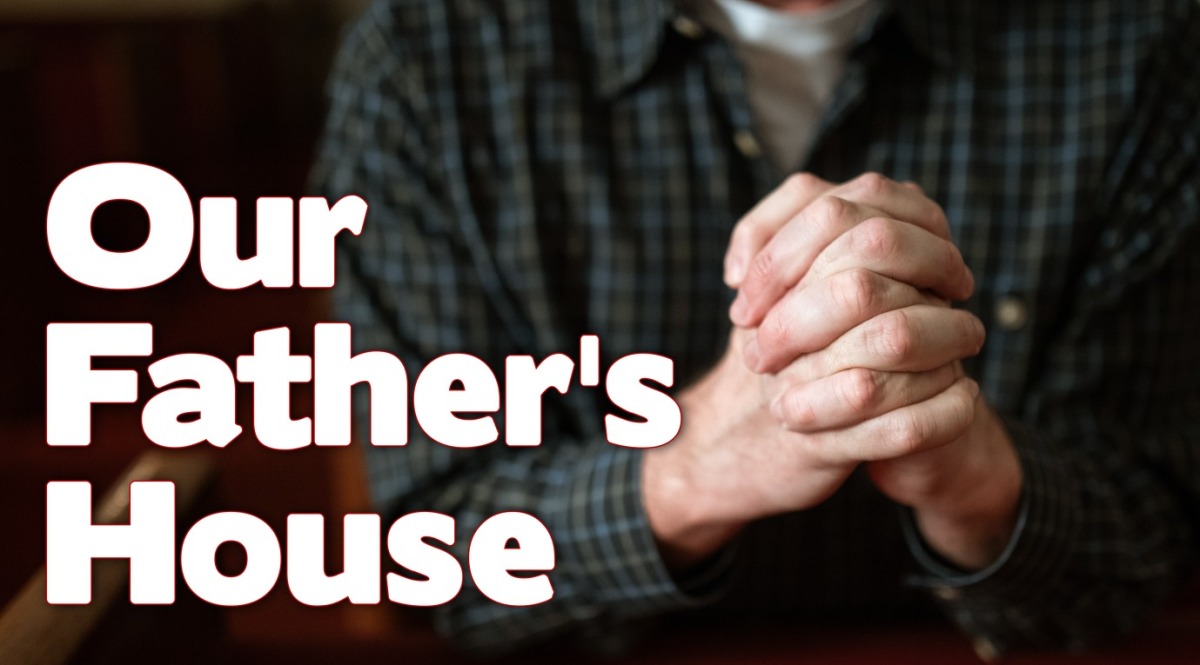Today’s reading is John 10.
Be aware. We do not live in a world populated merely by sheep and shepherds. We live in a wilderness with strangers, wolves, and thieves. Additionally, we find hired hands and robbers. The point being, we live in a cosmos actually populated by nefarious forces arraying themselves against the sheep.
Strangers, perhaps the most generic of the characters in Jesus’s parables, strive to lead the sheep astray. They may lead sheep into another flock, not nearly as good a one as the Good Shepherd’s. Or they may just lead them out into the wilderness to get them lost. They may simply be trying to hurt the Good Shepherd and destroy His flock. But you can rest assured, they aren’t trying to help the sheep. The Good’s Shepherds sheep do not recognize those voices. The sheep do not simply ignore the strangers’ voices, but run from them. Thieves and robbers steal the sheep to, in one way or another, provide for their own wants, passions, and pleasures. Some are merely trying to increase their own wealth and flock size, others want more wool to sell, others want more meat for dinner. Whatever approach they take, their villainy leads to the death and destruction of the sheep because they don’t actually care about the sheep. The hired hands are an interesting breed. At first glance, they seem to be serving the Shepherd, looking out for the sheep. They feed the sheep, prep the fields for the sheep, keep a lookout for wolves. Yet, they also use the sheep for personal benefit. Their true colors shine through when they spot the wolf. They aren’t on the lookout to protect the sheep, but to protect themselves. They see the wolf and they run away. While on the surface they seem different from thieves and robbers, at heart their falsity leads to the same death and destruction for the sheep. Which, of course, leads us to the wolf. We have no doubt what his goal with the sheep is. He wants a meal.
I love the picture floating around on the internet which focuses on a little lamb in the middle of a forest. Though a still shot, it somehow manages to give the impression of a frightened, lost lamb with legs quaking in terror. In the background, an out-of-focus man runs toward the lamb, no doubt with purpose to protect the lamb. It’s a beautiful picture calling to mind the parable of the Shepherd leaving the ninety-nine in the wilderness to find the one lost lamb. I’ve thought about purchasing the picture to hang in my office. But it made me wonder about this parable. Would a picture of this parable sell as well? In this one, the lamb is out of focus as the picture foregrounds a wolf sinking its teeth into the throat of the Shepherd laying down His life for the sheep.
Please, understand the picture Jesus presents. He is not just providing an idyllic story to comfort us. He is telling us the state of our world. Jesus is the Good Shepherd. He is the only Good Shepherd. No other voice will protect us. No matter what joys and pleasures the voices of the strangers, wolves, and thieves promise us, they will only lead us to death and destruction. We must not simply ignore them; we must flee them. Only the voice of Jesus will lead us to abundant life. And only Jesus died to get us there.
Please, follow Jesus. He saves. No one and nothing else does.
Tomorrow’s reading is John 10.
PODCAST!!!
PATHS:
Discuss Today’s Meditation with Your Family
How does John 10 prompt or improve your trust in God?




